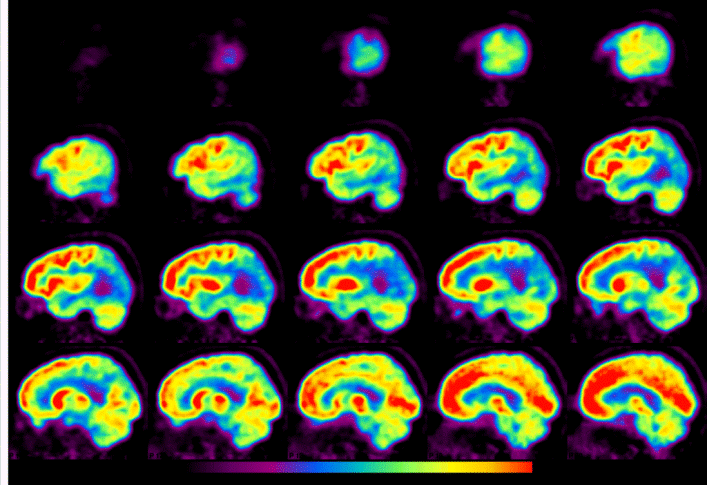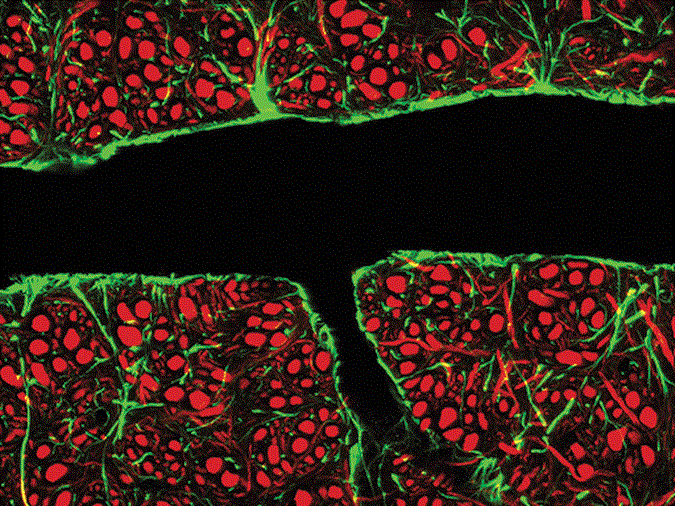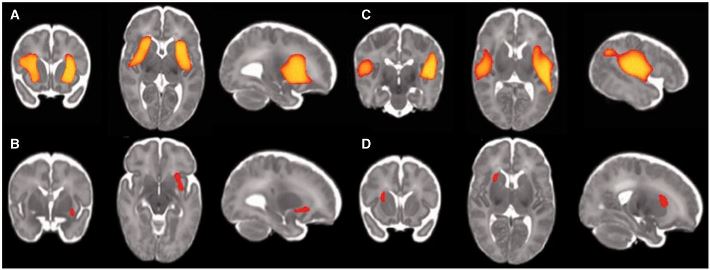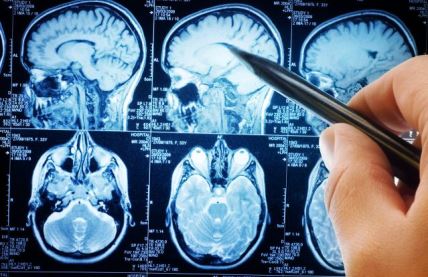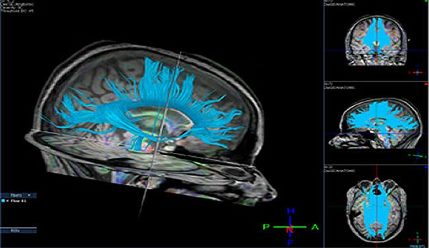Posts Tagged ‘MRI’
Next: Harnessing brain scans to personalize autism-related behavioral interventions
Autism First: Brain Patterns May Predict Treatment Response (Medscape): “It’s possible to predict whether a young child with autism spectrum disorder (ASD) will respond to an evidence-based behavioral intervention by analyzing brain activity patterns with functional MRI (fMRI) prior to treatment
Read MoreStudy: Leaky blood-brain barrier linked to cognitive decline and dementia
Leaky blood-brain barrier linked to Alzheimer’s disease (Science Daily): “Researchers using contrast-enhanced MRI have identified leakages in the blood-brain barrier (BBB) of people with early Alzheimer’s disease (AD), according to a new study published
Read MoreStudy: Neonatal MRI scans of preterm children can help predict cognitive and academic problems, and guide early interventions
Predicting future cognition in preterm children with MRI (Oxford University Press blog): “In the wake of the development of advanced neonatal intensive medical care, more and more children born preterm manage to beat the previously tough odds…While this is one of the success stories of modern medicine, long-term follow-up of premature-born pediatric cohorts show that…Many children…
Read MoreStudy: Structural brain differences due to childhood poverty may account for 20% of the academic achievement gap
. Brain scans reveal how poverty hurts children’s brains (Bloomberg): “Growing up poor has long been linked to lower academic test scores. And there’s now mounting evidence that it’s partly because kids can suffer real physical consequences from low family incomes, including brains that are less equipped to learn.
Read MoreNeuroimaging studies: In soccer, over one thousand “headers” per year can lead to brain injury and cognitive impairment
. Study indicates there may be a heading threshold above which the risk for brain damage increases significantly: An Interview with Michael L. Lipton (Dana Foundation): “Dr. Lipton pioneered the use of MRI technology to detect mild traumatic brain injuries (mTBI) from concussions. Such injuries, which may bring cognitive and behavioral impairment and even neurodegeneration later…
Read MoreStudy: Aerobic exercise improves memory, brain function
Study Finds Aerobic Exercise Improves Memory, Brain Function and Physical Fitness (press release): “A new study conducted by researchers at the Center for BrainHealth at The University of Texas at Dallas published online in the open-access journal Frontiers in Aging Neuroscience found that engaging in a physical exercise regimen helps healthy aging adults improve their…
Read More
